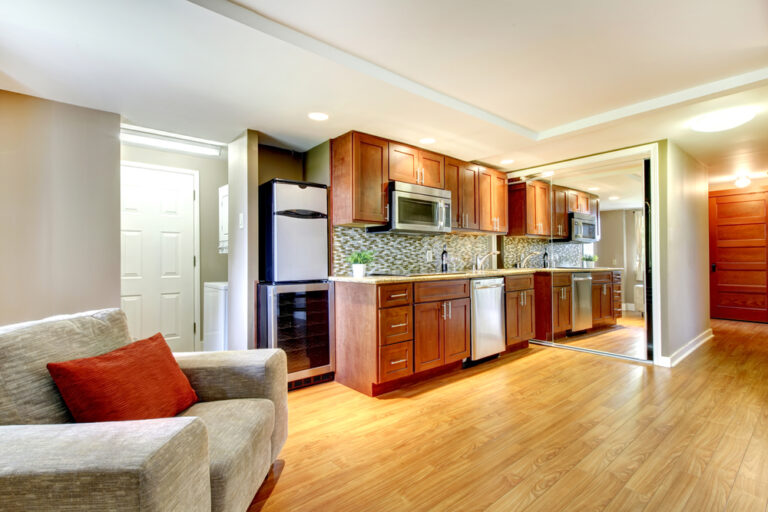Not everyone with mobility issues lives with a caregiver. In fact, many Canadians who have physical limitations live on their own. Quite capable of caring for themselves, they don’t let their disabilities inhibit them from enjoying life. They do, however, have to make certain modifications to their homes to make life more comfortable.
According to Disability Credit Canada, “one in six Canadians (14.3%) live with a disability, and one-third of all Canadians 65 years or over have mobility problems. A majority of people with disabilities would like to live in their homes as long as possible.” Do you have physically challenged loved ones who live on their own? What can you do to create comfortable living quarters for your loved ones with disabilities?
Make better use of technology in the home.
In 2021, technology is everywhere. Much of it can be controlled via apps on our smartphones. Today, a person can listen to any album of his/her choosing, watch any show or film he/she likes and even set his/her home’s alarm system using a mobile device. Which types of modern technology can make the home of your physically challenged loved one safer and more comfortable?
“Technology enables persons with disabilities to carry out activities within their home without assistance,” reports Disability Credit Canada, “Devices such as switches or voice-controlled devices can assist them in opening/closing doors and windows, lighting, home security, appliances, phones etc. Technology assists in improving the safety, usability and make life easier for people with disabilities.”
Be wary of the noise situation.
You may wish to consider soundproofing the living area of your physically challenged loved one. Making this decision, of course, will have a lot to do with the type of disability he/she is facing. Many endure the type of challenges that make sleep difficult. For them, it’s important to have a quiet and peaceful living environment. Consider the living quarters’ proximity to others as well as its ability to block unwanted noise out.
“The proximity and number of neighbours make noise a common complaint,” writes Romana King on Zolo.ca, “If you or a loved one feels stress when subjected to unexpected loud noises or you are easily disturbed it’s best to take extra care when choosing a location. Especially if you live in a university town.”
Modify the home to make it more accessible.
“There are few sources of pre-designed accessible housing available in Canada,” reports Disability Credit Canada, “Some builders are now incorporating accessible features into homes, such as larger bathrooms with roll-in showers, and can accommodate ‘add-on’ accessibility features, such as residential elevators”.
At LifeCare Mobility Solutions, we proudly offer a wide range of mobility solutions, accessibility devices and bathroom modifications. Among the latter are easy use fixtures, night lights, grab bars, transfer benches, walk in tubs and roll in showers. We also offer bath lift chairs, shower chairs, raised support toilet seats and widened doorways.
For more information or to book an in-home no-obligation consultation, please don’t hesitate to call us at 416-267-9800 or email us at info@lifecaremobility.ca. You may also contact us by filling out the form on our Contact page!










